We’ve been updating our descriptions of the games, activities and processes we use. You can find them here.
Many of these processes can really only be understood by doing them, so these descriptions are memory joggers – “How does that activity go again?”
We are often asked how we know which is the best activity to use, but we’re wary of suggesting there’s a right process for any situation.
Having a number of activities to draw on is useful. What is even more useful though is being present to what is happening in the group and asking yourself, in the moment, what could I do now? Sometimes the answer might be to just get out of the way, other times it might be to use one of these activities. The only way to know what to use, when, is to be familiar with them by using them. We think the real skill of facilitation is not an encyclopaedic knowledge of tips, tricks and games to play with people, but an awareness of when, and how, to nudge people in a particular direction – to sense when they need a change of pace, a change of scenery, or a change of focus.
We don’t use the facilitator’s standard catchphrase of “trust the process.” The process is the least important thing: what matters is the people who are using it.
When Johnnie did his psychotherapy training, the trainers would refuse, in their phrase, to give out recipe cards. Human relationships can’t be operated like a machine, according to some simple (or worse, complicated) formula.
They instead emphasised the value of being present to the relationships, paying attention to our own and others’ feelings and responses. The most powerful intervention might be simply to acknowledge what’s happening. The simple statement, “I noticed you sighing as you said that,” might unleash a tide of feeling and information that the clumsy implementation of a process would have missed.
Being more present and less busy is an increasing focus in our practice, which is why we’re continuing to work on unhurried as a practice, which has its own website here. On 15 April we’re offering a free online unhurried conversation, and there’s an unhurried online coaching session on 26 April.
